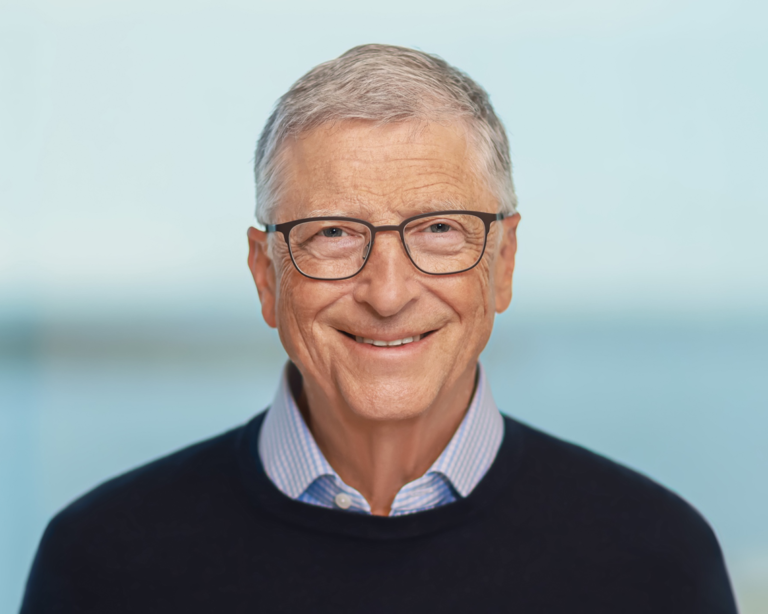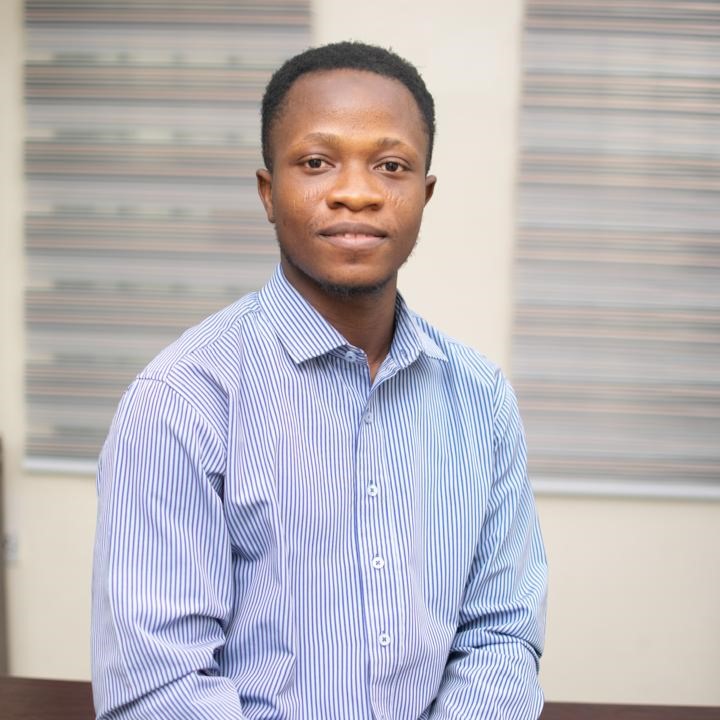The chairman of the Gates Foundation, Bill Gates, has announced that the majority of his $200 billion pledge will be directed toward Africa over the next two decades, with a focus on partnering with governments that prioritise the health and well-being of their people.
Speaking at the Nelson Mandela hall of the African Union headquarters in Addis Ababa, on Monday, Mr Gates urged African leaders to seize the moment and accelerate progress, despite global economic turbulence.
Mr Gates last month announced that he would give away 99 per cent of his vast fortune, which he expects to reach $200 billion by 2045, when his foundation planned to end its operations.
“I recently made a commitment that my wealth will be given away over the next 20 years. The majority of that funding will be spent on helping you address challenges here in Africa,” he declared.
The 69-year-old American billionaire addressed more than 12,000 government officials, diplomats, health workers, development partners, and youth leaders in person and online; emphasising the critical role of African leadership and ingenuity in driving the continent’s health and economic future.
Primary healthcare, cornerstone of Africa’s progress
Mr Gates emphasised that primary healthcare remains the most powerful tool for transformation. According to him, investing in primary healthcare has the greatest impact on health and wellbeing.
He said, “With primary healthcare, what we’ve learned is that helping the mother be healthy and have great nutrition before she gets pregnant, while she is pregnant, delivers the strongest results. Ensuring the child receives good nutrition in their first four years as well makes all the difference.”
Mr Gates’ highlighted how countries such as Ethiopia, Rwanda, Zimbabwe, Mozambique, Nigeria, and Zambia are demonstrating what’s possible when bold leadership embraces innovation.
According to him, these countries are making impressive progress by expanding frontline health services, leveraging data to reduce child mortality, deploying advanced tools against malaria and HIV, and safeguarding primary healthcare amid fiscal constraints. Their efforts, he said, are driving scalable, homegrown progress.
Reflecting on more than two decades of engagement on the continent, Mr Gates remarked, “I’ve always been inspired by the hard work of Africans, even in places with very limited resources. The kind of fieldwork to get solutions out, even in the most rural areas, has been incredible.”
Partnership
Prominent African leaders, including the Director-General of the World Trade Organization (WTO), Ngozi Okonjo-Iweala, and the Deputy Secretary-General of the United Nations, Amina J. Mohammed, called for collaboration and shared responsibility in advancing the continent’s development.
Mrs Okonjo-Iweala emphasised that Africa’s health progress is driven by strong government leadership, resilient communities, and effective partnerships that deliver tangible results.
Responding to this, Mr. Gates highlighted that Africa’s greatest resource is its people, when their potential is fully harnessed.
“By unleashing human potential through health and education, every country in Africa should be on a path to prosperity, and that path is an exciting thing to be part of,” he said.
Renowned advocate for women and children, Graça Machel, also underscored the importance of enduring partnerships in Africa’s development journey. “Mr. Gates’ long-standing partnership reflects a deep understanding of these challenges and a respect for African leadership, ideas, and innovation,” she said.
“We are counting on Mr. Gates’ steadfast commitment to continue walking this path of transformation alongside us,” Mrs Machel said.
AI, innovation
Mr. Gates spoke about the transformative potential of artificial intelligence (AI) and its relevance to Africa’s future development. He highlighted how AI could play a crucial role in advancing various sectors, particularly healthcare.
He praised the continent’s young innovators, noting his excitement at seeing “young people in Africa embracing this, and thinking about how it applies to the problems that they want to solve.”
Drawing a parallel to Africa’s mobile banking revolution, Mr. Gates pointed out that the continent largely skipped traditional banking systems. “Now you have a chance, as you build your next-generation healthcare systems, to think about how AI is built into that.
“Rwanda is using AI to improve service delivery, for example, AI-enabled ultrasound technology helps identify high-risk pregnancies earlier, enabling women to receive timely and potentially life-saving care.”
Deepening commitments
Mr Gates reaffirmed the foundation’s increasing commitment to Africa. He said, “Our first African office was here in Ethiopia about 13 years ago. Now we have offices in South Africa, Kenya, Nigeria and Senegal. That’s a great way for us to strengthen partnerships.”
During his visit to Ethiopia, he met Prime Minister Abiy Ahmed and the Ethiopian Public Health Institute, discussing the country’s iodine-folic acid double-fortified salt initiative and continued reforms amid global aid cuts.
In Nigeria, Mr Gates is scheduled to meet with President Bola Tinubu, federal and state leaders to discuss the country’s primary healthcare reforms. He will also attend the Goalkeepers Nigeria event and engage with local innovators shaping the national AI strategy.
Legacy of impact, a future of hope
Mr Gates’ visit to Africa comes on the heels of a landmark announcement by the Gates Foundation that it would spend $200 billion over the next 20 years, with a strong focus on saving and improving lives across the world, especially in Africa.
During this period, Mr Gates has also committed to giving away virtually all of his wealth to support the foundation’s mission.
Over the next 20 years, the foundation said it would work with partners to save mothers and babies, fight deadly infectious diseases, and reduce poverty before ending its operations.
For more than two decades, the Gates Foundation has worked hand in hand with African partners. Its efforts have supported life-saving work, including vaccine development and health system strengthening.
Through major initiatives such as Gavi, the vaccine alliance, and the Global Fund to Fight AIDS, Tuberculosis, and Malaria, the foundation has helped catalyse over 100 innovations and contributed to saving more than 80 million lives globally.
Mr Gates co-founded Microsoft Corporation in 1975 with Paul Allen and led the company to become the worldwide leader in business and personal software and services. In 2008, he transitioned to focus full-time on the foundation’s work.


